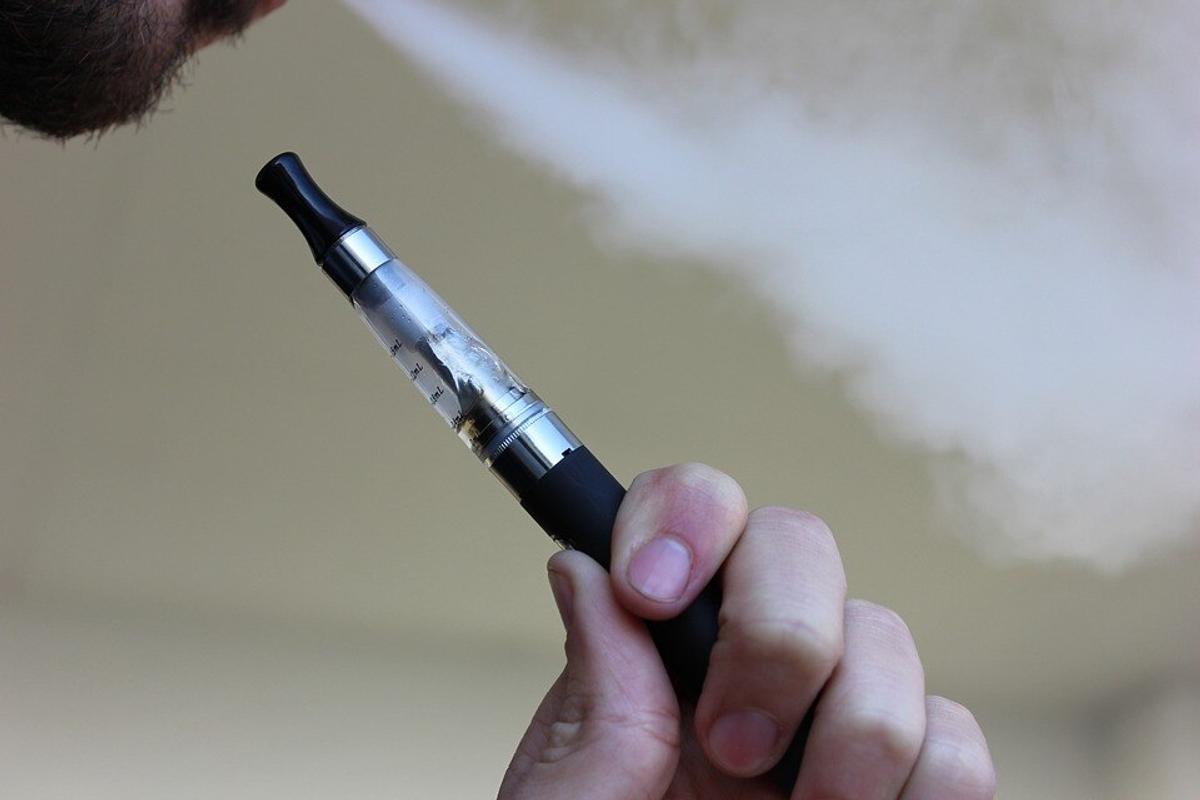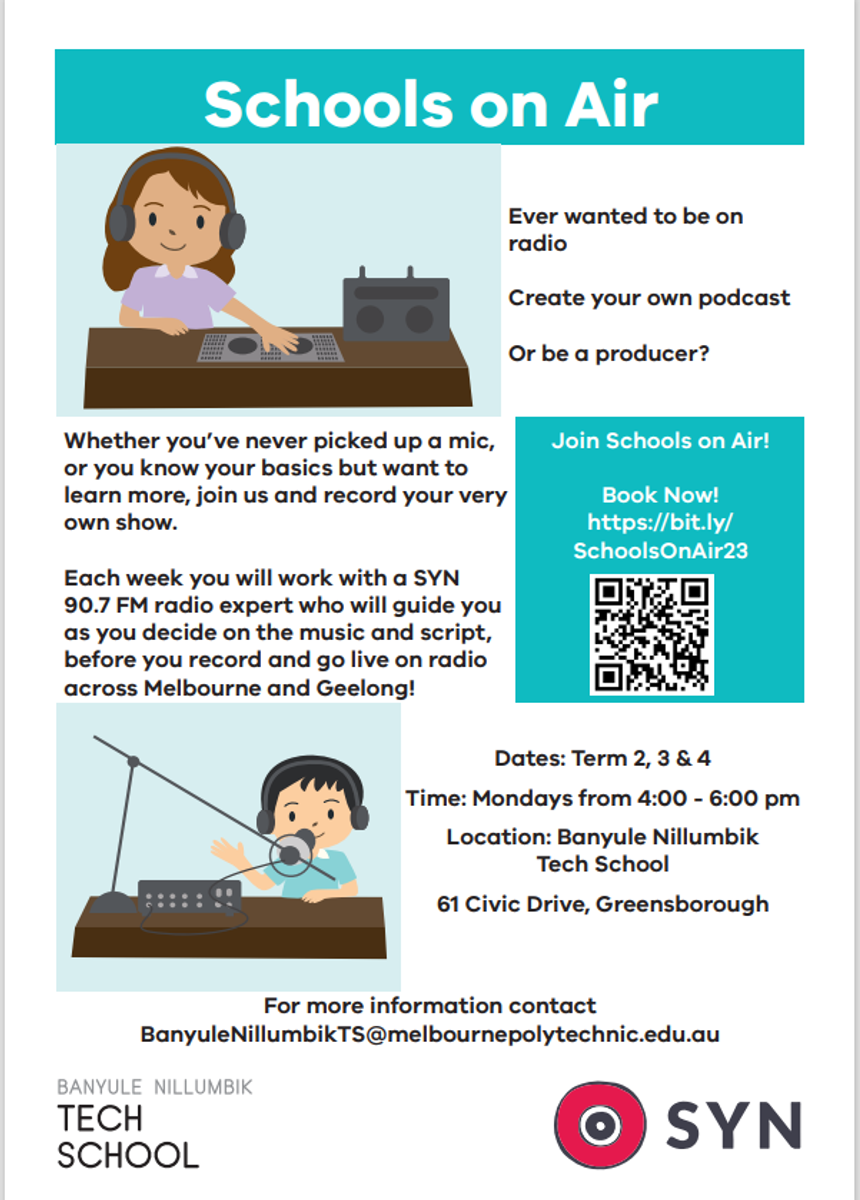Nice to Know

Sleep Health
We know sleep is essential for good health.
Research by the Australian Institute of Family Studies shows that many children and young people are not getting enough sleep on school nights.
This can affect thinking, concentration, memory, reaction times and mood.
Supporting sleep health
To help promote the benefits of children and young people getting enough sleep, we have developed draft newsletter text for schools to share with parents and carers.
The draft text includes how families can identify that someone is not getting enough sleep, tips for getting a good sleep and where to find out more.
Please also share sleep health resources with teachers, for them to use with students.
Our promotion of sleep health coincides with World Sleep Day on Friday 17 March.
Find out more
For more information on sleep health for students, refer to:
- Sleep tips for children and Facts about sleep for parents and school staff, from the Sleep Health Foundation
- Why sleep is so important, from the Kids Helpline
- Sleep explained, from the Better Health Channel.
For further enquiries, contact the Health Promotion, Prevention and Advice team by email: health.advice@education.vic.gov.au
Vaping
The prevalence of vaping in young people is concerning. New data suggests as many as 1/4 young people aged between 12 and 18 have vaped in the last month.
Here at St Helena we are installing vape alarms in all our toilets. While we know this won't stop students from vaping, it will at least make the bathrooms accessible and pleasant for students who want to use them for their intended purpose.
Many students believe vaping is "better" or "safer" than smoking cigarettes, however anecdotally we see far more students vaping than we ever saw smoking. Thus we know students who would never smoke are seeing vaping as attractive.
We are introducing an educative program for students next term, but I would encourage parents to also discuss with your child the dangers of vaping. These topics can be difficult to address if you are a vaper or smoker yourself. The Health Department suggests talking to them about your experiences and how hard it is to quit.
The following article is from Vaping – how to talk to your kids | Health Navigator NZ
The number of people vaping is on the rise as more and more products are coming onto the market that appeal to younger people.
While vaping can help some people quit smoking, vaping usually contains unregulated chemicals and flavours whose long-term effects are unknown. It can contain nicotine which is highly addictive. There is growing evidence to show vaping is not free of harm. Breathing any product into the lungs unnecessarily is not ideal, and that’s why non-smokers should not vape.Here are our tips to talk to your kids about vaping and the potential dangers.
Be a good role model
If you smoke or vape yourself, you could talk to them about your experiences and how hard it has been to quit. If you are vaping as a way of stopping smoking, talk about how it helps. A good message to convey is that vaping represents a positive step on the path to stopping smoking but is not a good thing to do if you don't already smoke. If your child is smoking, help them quit by seeking advice from a healthcare professional.
Provide the facts
Many kids may simply not know the potential harm from vaping – they may think it’s safe. Empower them with the facts so help them learn the health facts and the legal facts. You could also take this quiz on vaping myths together.You may not know much or anything about vaping and that's okay. In the learn more section below there are some websites that can help you learn about vaping.
Start conversations early
It’s never too early to talk with your child about vaping. Start up a conversation at dinner, in the car, when you are passing a vaping advertisement, when you’re hanging out or whenever the opportunity arises. If your teen is vaping, try to understand why they are vaping by asking questions like “What do you enjoy about vaping?” Or “How does vaping make you feel?” Understanding this might help you to understand their needs and discuss other ways to meet those needs.
Keep communication lines open
If you want to keep communication lines open, you need to be available to talk, listen and offer advice in a non-confrontational way. Make sure you listen to your teens and don’t be too judgmental.
Teach them it’s OK to say no
It’s always good to remind kids that it’s OK to say ‘no’. They don’t have to do something if they don’t want to and they don’t have to give in to peer pressure. The conversation about saying no to vaping is a good opportunity to extend it to other topics like drugs and alcohol.
If you have any concerns about your child vaping, contact your local healthcare provider or GP.
And this one from Vaping causes harm and addiction in 'new generation' of users, major report warns - ABC News
The growing use of e-cigarettes, or vaping, in Australia poses a "serious public health risk" and threatens to introduce a new generation to smoking.
That's according to the authors of a major new government report into the health effects of e-cigarettes, which found vaping can be harmful, particularly for non-smokers and young people.
Key points:
E-cigarettes increase the risk of a range of adverse health outcomes, a new report has found
Experts warn nicotine products may lead to addiction in a new generation
- Health organisations have called on governments to do more to protect young people
The global systematic review, undertaken by researchers at the Australian National University, is the most comprehensive review of vaping-related health impacts to date.
"We reviewed the global evidence in order to support informed choices on vaping for Australia," said review lead author Emily Banks from the Australian National University's National Centre for Epidemiology and Population Health.
"The evidence shows e-cigarettes carry significant harms."
The review found vaping increases the risk of multiple adverse health outcomes, including poisoning, addiction, seizures, burns, lung injury and smoking uptake.
Professor Banks said the high and increasing rate of vaping among young people was causing addiction in "a new generation of users".
"Nicotine is a key ingredient and one of the most addictive substances known," she said.
"Young non-smokers who vape are around three times as likely to take up smoking than non-vapers."
Professor Emily Banks from the ANU National Centre for Epidemiology and Population Health.(Supplied: ANU)
In Australia, it is illegal for anyone to possess a nicotine-filled vape unless they are over 18 and have a prescription to help them stop smoking.
But in recent years, medical experts and educators have expressed concern about young people continuing to access disposable vape products — often containing nicotine — at convenience stores and other retailers.
"[E-cigarette] use is more common among youth, particularly young males … and the majority is not for the purposes of smoking cessation," Professor Banks said.
Vaping on the rise despite health concerns
E-cigarette use has increased steadily in Australia in recent years.
Data from the 2019 National Drug Strategy Household Survey showed 11 per cent of people aged 14 and over — roughly 2.4 million Australians — had used e-cigarettes at least once, and 2 per cent of people reported current use. Among people aged 18-24, that figure was 5 per cent.
More recent data from the Australian Bureau of Statistics showed one in five people aged 18-24 had tried vaping.
Reusable vapes are battery-operated devices that heat a cartridge of liquid nicotine and flavour into a mist to be vaporised.(ABC News: Dane Hirst)
Professor Banks said high-concentration nicotine products were being targeted at young people with fruity, confectionary flavourings and discrete packaging.
"Young people are being sold a lie that e-cigarettes are just harmless water vapour," she said.
"They are not harmless water vapour. They contain a lot of chemicals and there's evidence that they're harmful to health."
'You don't know what it's doing to you'
Brisbane woman Alison Bolton knows firsthand just how crippling a smoking-related disease can be.
She was diagnosed with lung cancer five years ago and needs medication daily to keep the advanced cancer from spreading.
Mum-of-three Alison is living with stage 4 lung cancer.(Supplied)
So she was shocked to discover her teenage son had started experimenting with vaping.
"We found a vape at home … I can see it from his point of view — it's so normalised, accessible, and everyone's doing it," Ms Bolton said.
"A teenager shouldn't be able to get their hands on a vape so easily."
She doesn't want to see other young people needlessly go down the same path as her.
She worries that, much like smoking in her youth, the full health implications of vaping remain unknown.
"You don't know what's in vapes for a start," she said.
"You don't know what it's doing to you."
Evidence of lung injury and uncertainty about the long-term
The new report found conclusive evidence that e-cigarettes can cause acute lung injury, predominantly in cases where people use vapes containing the psychoactive substance THC and vitamin E acetate (but not always).
In February, the autopsy of a Queensland man showed he died of a severe lung injury that was probably caused by vaping.
Autopsy finds man most likely died as a result of vaping
Similarly, a 15-year-old Sydney girl ended up in intensive care last year with what doctors believe was e-cigarette- or vaping-related lung injury, also known as EVALI.
But one of the biggest concerns outlined in the report was how little is known about the potential impacts of e-cigarettes on most major health outcomes.
"We don't know, for example, what [e-cigarettes] do to cancer [risk]," Professor Banks said.
"We don't know what they do to cardiovascular disease, we don't know what they do to reproductive health, and we don't know what they do to mental illness.
"That means the safety for those things has not been established."
Vaping to help quit smoking
While vaping is sometimes promoted as a way to quit smoking, the report found there was only "limited evidence" that nicotine e-cigarettes were effective in helping people to quit.
"Most people who quit smoking successfully do so unaided," Professor Banks said.
"E-cigarettes are likely to be harmful for non-smokers and for people who use them while continuing to smoke — the commonest use pattern currently."
Professor Banks says nicotine use in adolescents can lead to lifelong addiction issues as well as difficulties in concentration.(Supplied: ANU)
According to the report, 53 per cent of current e-cigarette use in Australia is by people who also smoke, 31.5 per cent is by past smokers, and 15.5 per cent is by people who have never smoked.
"E-cigarettes may be beneficial in the small number of smokers who use them to quit smoking completely and promptly, but there is a huge uncertainty about their effectiveness and the overall balance of risks and benefits for quitting," Professor Banks said.
In contrast, the report found "substantial evidence" that e-cigarette use results in dependence on nicotine, and that e-cigarettes can increase the uptake of tobacco smoking in people who don't smoke.
Independent expert backs findings
Guy Marks, a respiratory physician and environmental epidemiologist from the Woolcock Institute in Sydney, said the report — which he was not involved in — was "very comprehensive and methodologically sound".
"Broadly speaking, the conclusion that there is significant overall harm, and evidence of limited benefit … was not surprising," said Professor Marks, who is president of the International Union Against Tuberculosis and Lung Disease.
He said it was important that health policy was made on the basis of large comprehensive reviews like this, and not "piece-meal evidence".
"There's a lot of pressure from industry to loosen the restrictions on e-cigarettes, and the evidence in this document should prevent that from happening."
The report supports national and international efforts to avoid e-cigarette use in the general population, particularly in non-smokers and youth.(Supplied: Pixabay)
Professor Marks said there was a place for e-cigarettes as a nicotine-replacement therapy for "a small group of highly addicted smokers".
"There's evidence that for some smokers, it's effective," he said.
"However, they need to get access to this product in the context of a well-designed and supervised smoking cessation program.
"Using e-cigarettes and smoking at the same time is unlikely to be a helpful strategy."
Health organisations call for government action
Cancer Council's Public Health Committee chair Anita Dessaix says the report sends an urgent message to Australian governments, and should put an end to "the misinformation being spread by people trying to make money from e-cigarettes".
"Every week we're hearing growing community concern about e-cigarettes in schools, the health harms and the risks of smoking uptake among young people," Ms Dessaix said.
"A public health crisis is rapidly unfolding before our eyes.
"These findings send a clear message to all governments: act now. Do more to protect the community, especially young people, from the harms of e-cigarettes."









